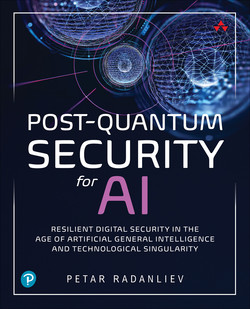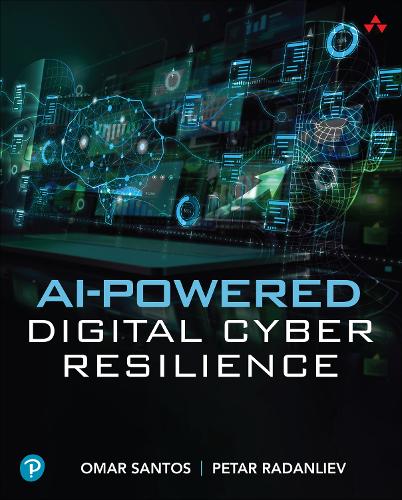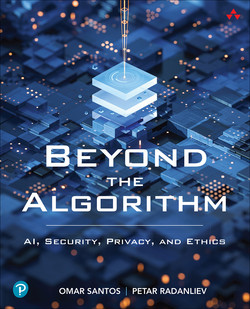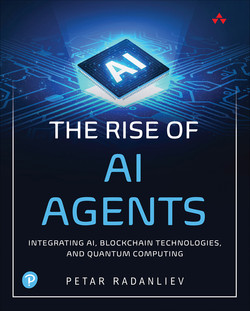Petar Radanliev

Petar Radanliev
Room
465,
Wolfson Building,
Parks Road, Oxford OX1 3QD
United Kingdom
Biography
(Part-time since 2023) I am a computer scientist specialising in Artificial Intelligence Security. Before my current appointment, I held postdoctoral research roles at Oxford, Cambridge, Imperial College London, and MIT, where I was awarded the Fulbright Fellowship (at MIT and the University of North Carolina), I am also a recipient of the Prince of Wales Innovation Scholarship. My publications include over 100 peer-reviewed articles and several books.
YouTube:@OxfordResearchChannel@CryptoSchoolOxford@AISecurityOxford
ORCID:0000-0001-5629-6857
Google Scholar:Link to Profile
Scopus: 57003734400
Web of Science: L-7509-2015
- Teaching
I actively teach and supervise in the areas of AI security, focusing on attack and penetration. Some of my recent teaching engagements include:
- Agentic AI, Link to Course
- AI Attack Surface: The 10 Most Critical Threats to ML and AI Systems Link to Course
- Quantum AI and Cybersecurity: Link to Course
- AI-Based Malware Analysis for Cybersecurity: Link to Course
- Agentic AI and Cybersecurity Risks: Link to Course
Books
My books are available for free in the British Library and the Bodleian Library (click on the image below to get the free version). You can also find them in most book stores around the world, they are published with Pearson, the largest publisher in the world.
- Thank you
Thank you for your interest in my work. For more details on my research papers, please visit my Google Scholar profile, ORCID Profile 0000-0001-5629-6857, Scopus Author ID: 57003734400, Loop profile: 839254, ResearcherID: L-7509-2015
Activities
- Security and safety
- Software and Systems Security
- Systems Security
- Software Engineering
- Quantitative Analysis and Verification
- Philosophy of Information
- Intelligent Resource Constrained Systems
- Databases
- Algorithms At Large
- Agent-based financial modelling
- Security
- Deep Learning
- Machine Learning Systems
- Information Modelling
- Cyber Physical Systems
- Deep Reinforcement Learning
- Cybersecurity Analytics
- Cyber Security Oxford




